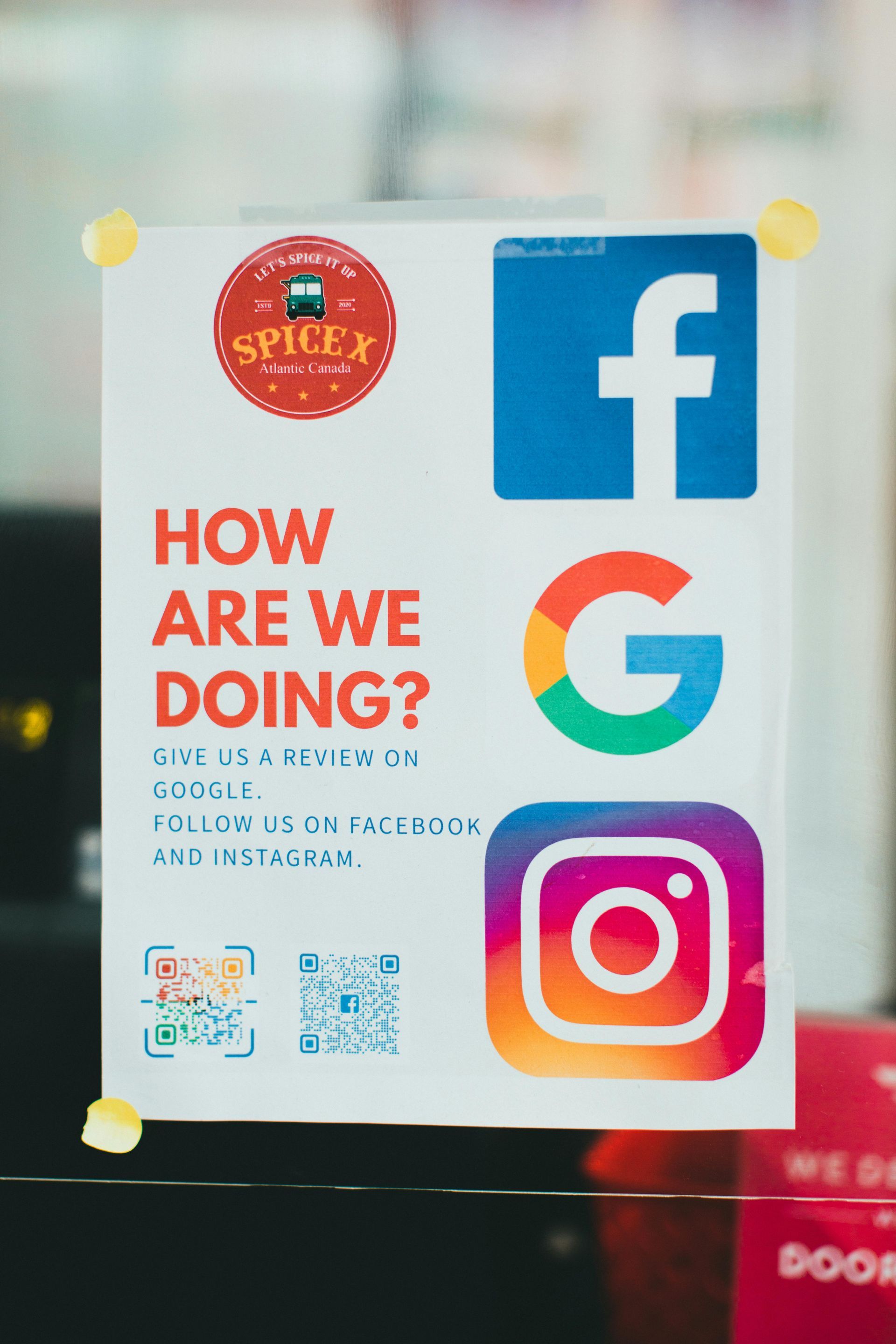The Power of Reviews: Why Google Reviews Still Matter in the Travel Trade
What appears next to your company name, and whether it’s backed by recent, relevant and positive reviews, can be the difference between opening a conversation or being overlooked.

We often associate online reviews with consumer travel — glowing feedback about a honeymoon in the Maldives, a luxury villa in Tuscany, or a city break done right. But in the B2B world of travel, where the players are tech providers, payment platforms, wholesalers and solutions businesses, reviews matter just as much, if not more.
Why? Because trust remains the most valuable currency in the travel trade. And in a digital-first industry, trust is built publicly.
At The Travel Vox, we work with businesses across the travel ecosystem, from start-ups breaking into the market to established names looking to cement their reputation. And one question always comes up: do we really need to focus on reviews if we’re B2B?
Our answer is yes. Here’s why.
Perception Drives Opportunity
When a travel technology company is pitching a new booking engine or a payment solution is looking to onboard new trade partners, first impressions still count. Increasingly, those impressions begin with a quick Google search.
What appears next to your company name, and whether it’s backed by recent, relevant and positive reviews, can be the difference between opening a conversation or being overlooked.
Google Reviews are no longer just for restaurants and resorts. They are part of your digital footprint. If your competitors have a five-star profile filled with real feedback from partners and clients and yours is empty, or worse, outdated, it sends a clear signal, even if unintentionally. It suggests a lack of visibility, engagement or trust.
For businesses operating in the travel trade, where contracts are high value and long term, reviews don’t just reflect your reputation. They help shape it.
Reputation Without the PR Budget
Many travel trade businesses don’t have a large marketing team or a dedicated PR resource. While you may invest in B2B advertising or events, the beauty of Google Reviews is that they cost nothing and work constantly in the background.
Once you begin to treat reviews as part of your long-term brand strategy rather than a one-off campaign, they quietly reinforce your expertise every day. Whether a potential trade partner is checking out your credibility or a journalist is doing background research, your reviews help tell your story when you're not in the room.
They show how you’ve worked with real clients. They show momentum. And they demonstrate that you’re valued by the people who matter most — those who’ve chosen to trust you with their business.
How Reviews Influence Search
While many B2B businesses focus heavily on LinkedIn and trade press exposure, there’s another layer to visibility that is often overlooked. Local and category-based search still plays a vital role in how people discover and evaluate travel trade businesses.
When someone searches for terms like “travel payment platform UK” or “whitelabel booking tech for tour operators,” a company with a well-maintained and well-reviewed Google Business Profile has a far greater chance of appearing near the top of search results.
This visibility is driven in part by reviews. Regular, relevant feedback with natural mentions of your services helps Google understand what your business offers and who it serves. Reviews build authority, and authority builds presence.
What Makes a Review Valuable in B2B
In the B2B space, reviews don’t need to be long or emotional. They need to be specific and grounded in real experience. It’s not about collecting as many as possible. It’s about making sure the ones you have reflect the kind of work you want more of.
If you’re a tech provider, a helpful review might describe how your platform solved a specific issue or improved an internal workflow. If you offer compliance support or payments, your reviews might highlight the ease of onboarding or the support given through complex processes.
These aren’t just testimonials. They act as informal case studies, offering reassurance to new prospects who want to know what it's like to work with you.
Asking for Reviews Authentically
It can feel awkward asking a client or partner to leave a review, particularly in the B2B space. But most people are happy to share feedback if they’ve had a good experience. The key is to be thoughtful about how and when you ask.
The best time to ask is after a successful launch, project delivery or milestone. A short, personalised message works well. Something as simple as “If you were happy with the project, would you mind leaving a short Google review? It really helps other businesses know what to expect” is often enough.
Make it easy by including the direct link. Thank them afterwards. And if they mention specific team members or services, respond and celebrate that internally too.
When Things Go Quiet
A common scenario we see is a business collecting a few strong reviews early on, only for things to go quiet. Understandably, day-to-day work takes over. But a stale review profile can be just as damaging as having none at all.
Google wants to see recent activity. Reviews from the last month will always carry more weight than reviews from last year. They show that you’re active, relevant and engaged with your clients.
Responding to reviews, even with a simple thank you, also plays a role. It signals that you value feedback, which is important in an industry built on long-term relationships.
This Isn’t Just for Travel Agents
It’s easy to assume reviews are only valuable for agents or consumer-facing businesses. But we’ve seen them used effectively by travel tech firms, insurance providers, merchant services, DMCs, loyalty platforms and beyond.
In every case, the businesses that invest in reviews see better visibility, improved conversion rates and stronger inbound leads. And that applies whether your clients are travel agents, OTAs, tour operators or even other B2B services.
If your work solves real problems, helps companies grow or improves the customer journey, you already have something worth talking about.
Consistency Over Campaigns
Reviews aren’t a one-off activity. Like all good marketing strategies, they work best when they’re consistent and integrated. A monthly target, a review link in your post-project email, or a line in your client follow-up — small actions lead to long-term impact.
If you’re collecting feedback already for internal purposes, ask yourself what can be made public. You don’t need to publish everything, but you can start building a visible trail of trust that backs up your brand promise.
Final Thoughts: Visibility Begins with Validation
In the travel trade, decisions are still made on relationships. But those relationships increasingly start with digital touchpoints. A well-maintained Google review profile does more than make you look good. It signals to the market that you are active, trusted and credible.
At The Travel Vox, we support businesses across the travel ecosystem in building visibility, authority and trust. That means refining your message, amplifying your wins and helping you build reputation that leads to real results.
If reviews haven’t been part of your strategy so far, it’s not too late to start. And if you’re ready to take them seriously, we can help you put the right structure in place.
Because in the end, your reputation is too valuable to leave hidden on someone else’s desk.










